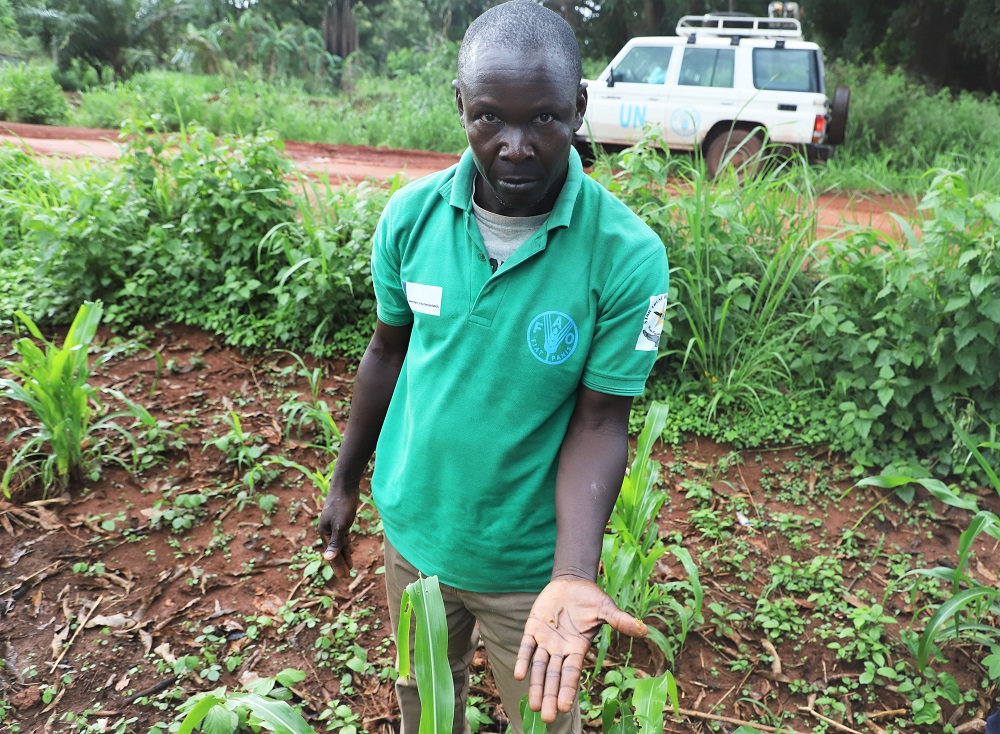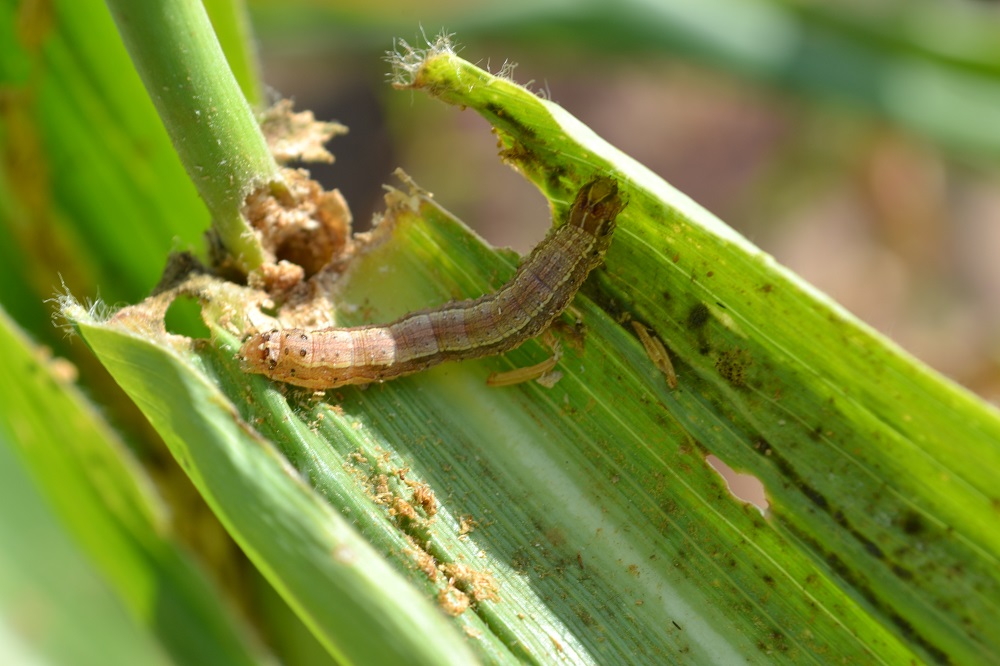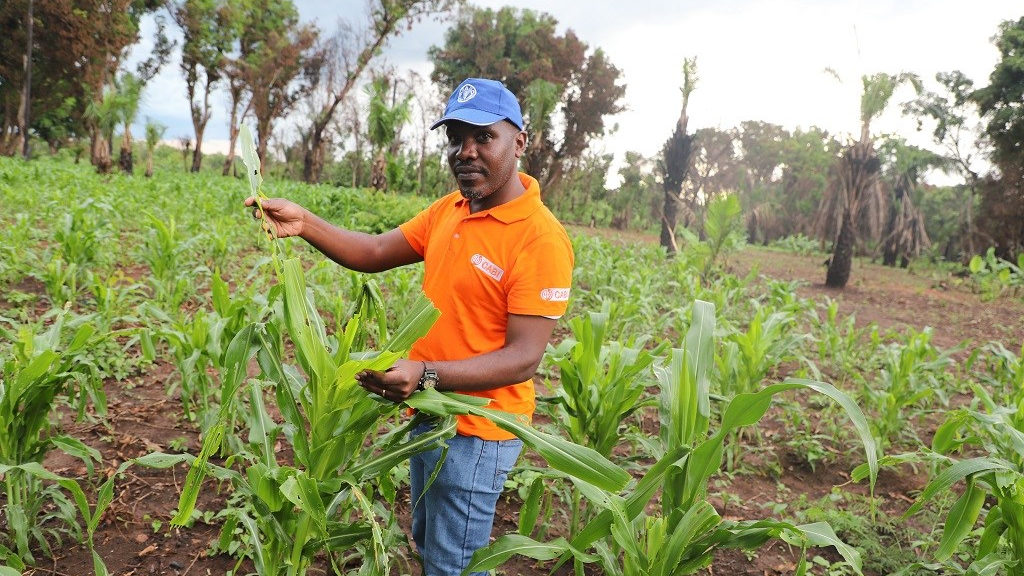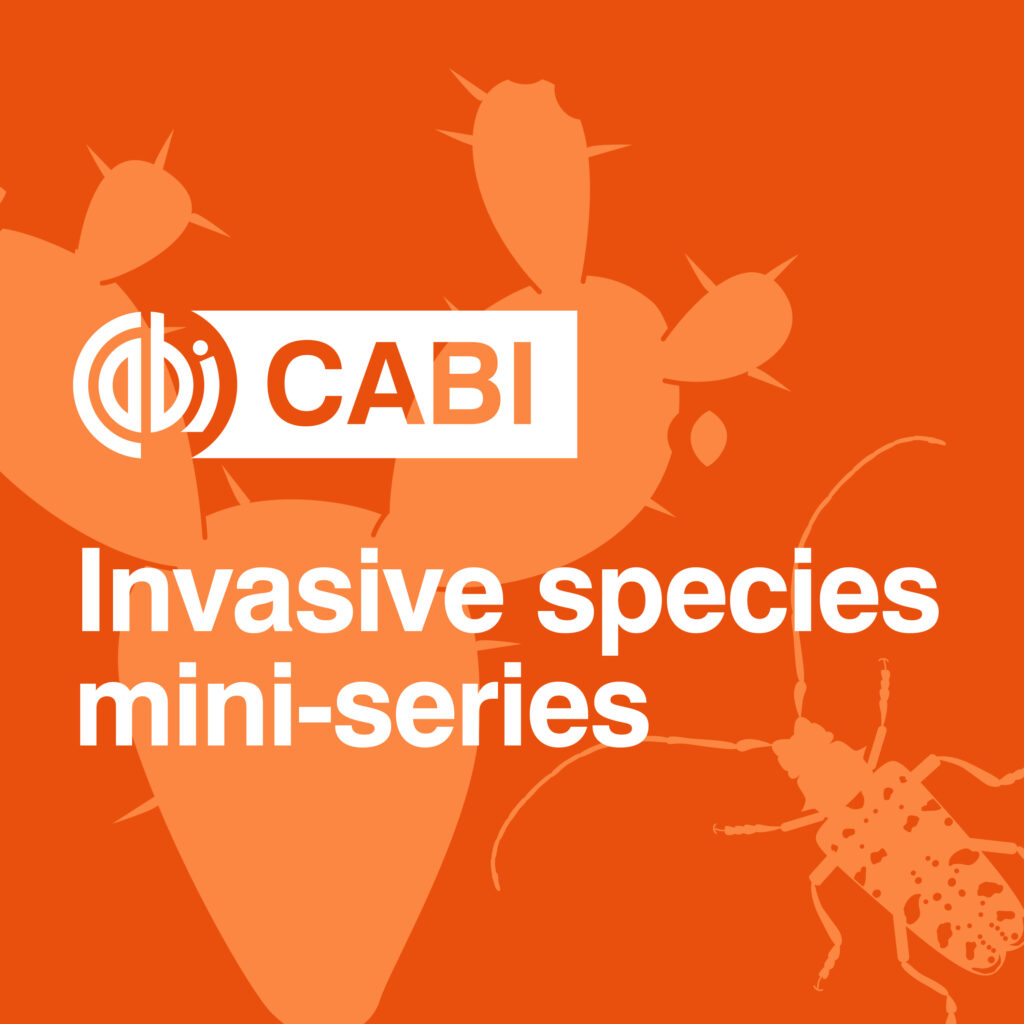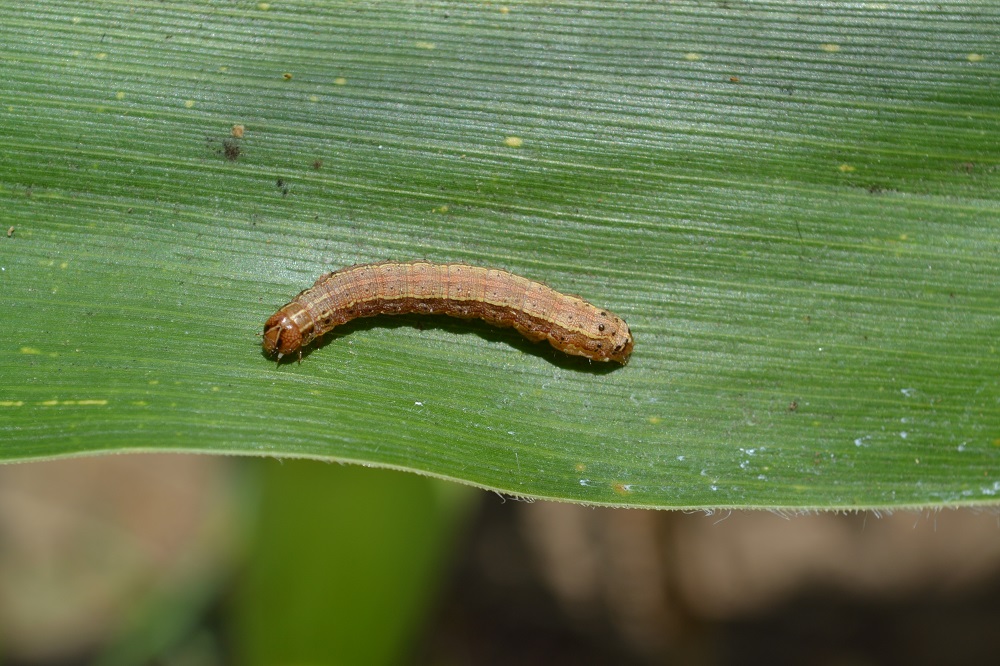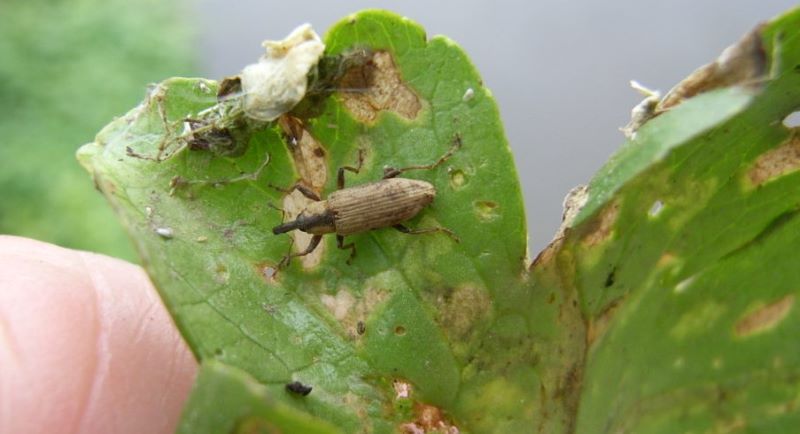Could Telenomus remus go global?
The parasitoid wasp Telenomus remus has been mass released as a biological control agent against fall armyworm (Spodoptera frugiperda) in the Americas (where the pest is native) for a number of years. However, fall armyworm is now highly invasive, found across Africa, Asia, and Australia. Can the lessons learnt from its wide use in the…
Women and girls in science: An interview with Chapwa Kasoma
This month’s International Day of Women and Girls in Science aims to engage women and girls in science. As part of this international day, we are highlighting some of the invaluable work CABI’s female scientists do in the field of agricultural science. Zambia-based Chapwa Kasoma is a postdoctoral research fellow in invasive species management. We…
Fighting fall armyworm: a CABI interview
In 2016, fall armyworm (Spodoptera frugiperda) was found in Africa for the first time. This nefarious invasive species feeds on a vast range of plants, causing major damage. Since then, CABI has been working hard in the fight against fall armyworm, including international and national response planning, biological control research and development, mass extension and diagnostic services. As part of the CABI Podcast…
CABI podcast – new series on invasive species launches
A new podcast mini-series on invasive species has been launched by CABI. Each podcast episode features CABI experts sharing their in-depth knowledge of an invasive species, including the negative economic, environmental and social impacts that they cause, and CABI’s work in helping to manage them.
CABI podcast: invasive species mini-series
Welcome to the CABI podcast. A brand-new series of four episodes dedicated to discovering more about the devastating economic, environmental and social impacts invasive species have and what we can do to manage them. Each of the four episodes focus on a different invasive species and feature CABI guest experts, who provide their scientific knowledge on the species, the harm caused by them and what CABI is doing to help try to control the species and their impacts in a safe and sustainable way.
Digital extension campaign boosts farmers’ knowledge and capacity to manage fall armyworm in Zambia
An SMS campaign to promote awareness of fall armyworm (Spodoptera frugiperda) and mitigation measures, which was carried out in four Zambian provinces, has resulted in the enhancement of farmers’ knowledge and boosted their capacity to effectively manage the pest. The campaign was implemented by CABI’s Pest Risk Information SErvice (PRISE) project in partnership with Precision…
Insect heroes fighting invasive species
Today marks the beginning of Insect Week (21-27 June) – a week to learn more about the science and natural history of insects. We are highlighting some of the insect heroes, and villains, CABI scientists work with on a regular basis. Scientists at CABI’s Egham laboratory work with a range of insect species, from plant-parasitic…



